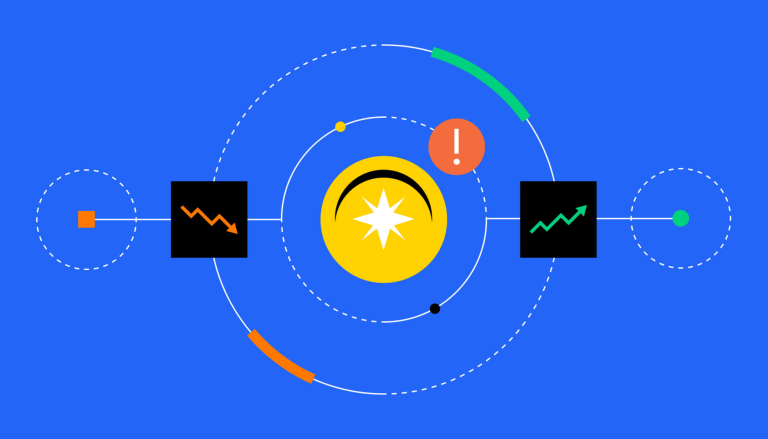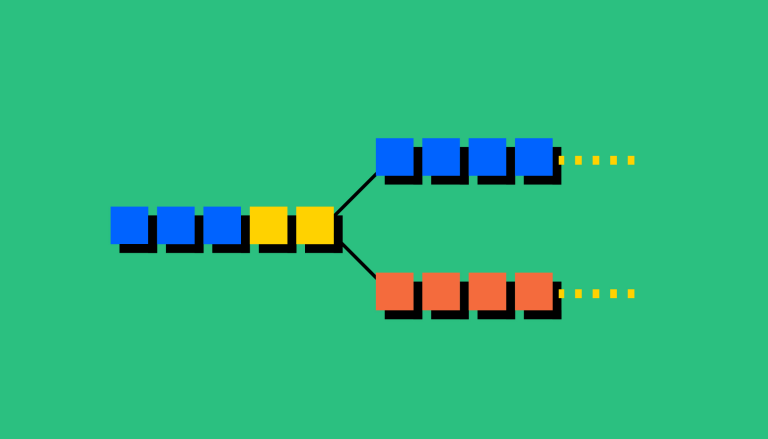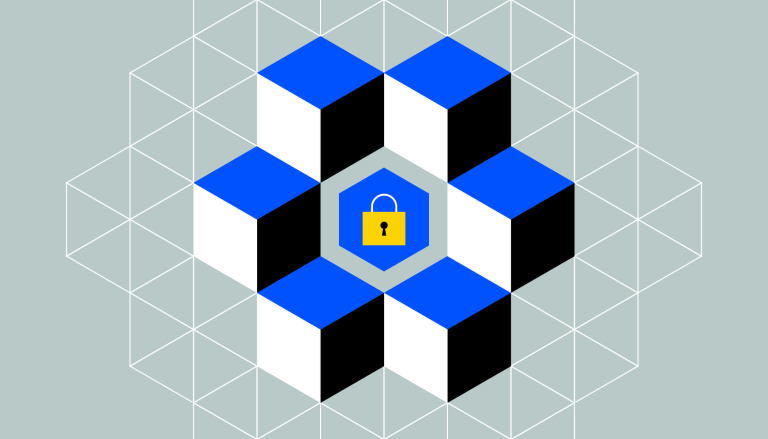What is a blockchain oracle in crypto?

Blockchain oracles are entities that connect blockchains to external systems, enabling smart contracts to execute based on real-world inputs and outputs.
Oracles play an important role in the creation of the verifiable web, connecting isolated blockchains to off-chain data and compute, and enabling interoperability between blockchains.
Blockchain oracles are not the data source themselves, but rather the layer that queries, verifies, and authenticates external data sources and then relays that information.
Understanding Blockchain Oracles
Blockchain oracles are third-party services that provide smart contracts with external information. They serve as bridges between blockchains and the outside world. Blockchains and smart contracts cannot access off-chain data (data that is outside of the network). However, for many contractual agreements, it is necessary to have relevant information from the outside world to execute the agreement.
This is where blockchain oracles come into play, as they provide a link between off-chain and on-chain data. Oracles are important within the blockchain ecosystem because they broaden the scope in which smart contracts can operate. Without blockchain oracles, smart contracts would have very limited use as they would only have access to data from within their networks.
How Blockchain Oracles Work
Blockchain oracles are not the data source themselves, but rather the layer that queries, verifies, and authenticates external data sources and then relays that information. The data transmitted by oracles comes in many forms – price information, the successful completion of a transaction, or the temperature measured by a sensor.
To call data from the outside world, the smart contract has to be invoked, and network resources have to be spent. Some oracles also have the ability to not only relay information to smart contracts but to send it back to external sources.
Types of Blockchain Oracles
There are several types of blockchain oracles, each designed to serve a specific purpose. Software oracles aggregate data available on the internet and feed it to a smart contract, such as price data for digital assets. Hardware oracles reference data from the physical world, which can only come through a piece of hardware such as a sensor or scanner. Human oracles involve a person providing data based on real-world events.
The Oracle Problem
The blockchain oracle problem highlights a key restriction of smart contracts, i.e., they cannot connect with data and systems outside of their native blockchain context. This limitation is due to the deterministic nature of blockchain architecture, where each node in the network must obtain the same result given the same input. This deterministic architecture is important for nodes to reach a consensus, a fundamental aspect of blockchain functionality.
Blockchain Oracle Use Cases
Blockchain oracles have a variety of use cases. They are used in decentralized finance (DeFi) to provide current price data of digital assets. They are also used in betting and prediction markets, gaming, non-fungible tokens (NFTs), and insurance. In each of these cases, oracles provide an important link between the blockchain and real-world data, enabling smart contracts to function effectively.


